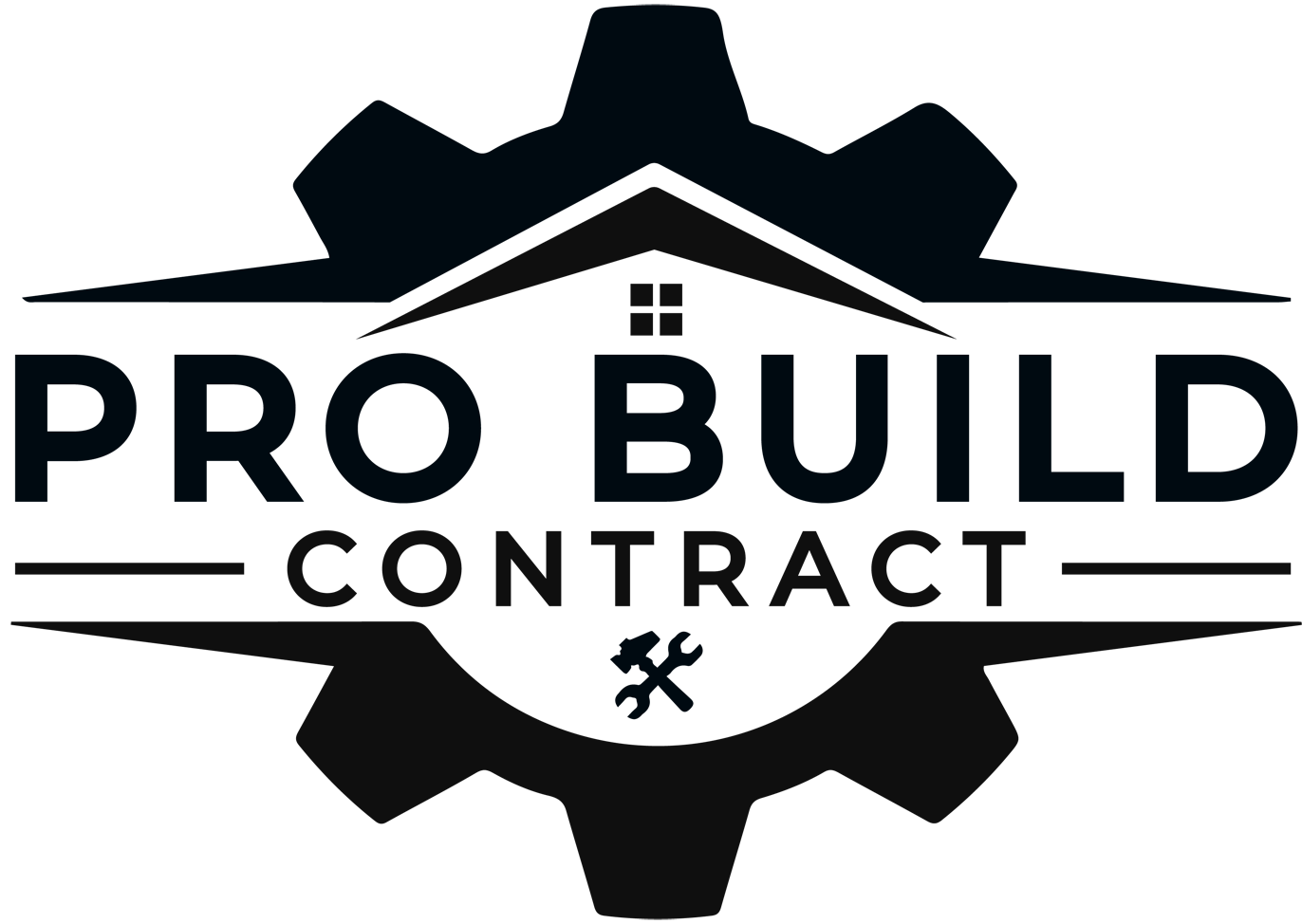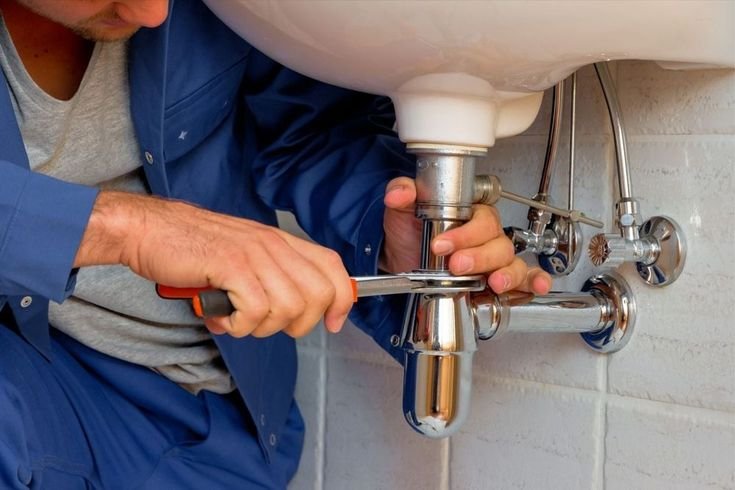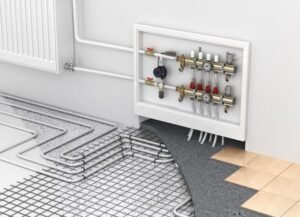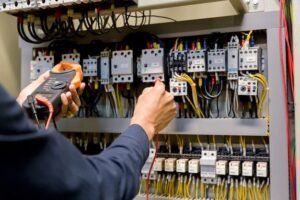Plumbing is an essential infrastructure that facilitates the distribution of water, removal of waste, and regulation of temperature within homes, buildings, and other structures. A well-designed and properly maintained plumbing system is critical for maintaining hygiene, convenience, and overall comfort in our daily lives. In this comprehensive article, we will delve into the importance of plumbing, the different components of plumbing systems, common plumbing issues, and tips for maintaining a healthy plumbing system.
Importance of Plumbing:
Plumbing plays a fundamental role in our modern society by providing access to clean water for drinking, cooking, sanitation, and hygiene. Without proper plumbing systems, we would not have the convenience of running water, working toilets, showers, or kitchen sinks. Plumbing infrastructure also includes systems for heating water, such as boilers and water heaters, which are essential for everyday tasks and comfort.
Additionally, plumbing systems are responsible for removing wastewater and sewage from buildings to prevent contamination and maintain public health. Properly functioning plumbing systems help protect the environment by safely disposing of waste and preventing pollution of water sources.
Components of Plumbing Systems:
Plumbing systems are complex networks of pipes, fixtures, valves, and appliances that work together to deliver clean water and remove waste. Some essential components of plumbing systems include:
- Water Supply System: This system brings clean, potable water into a building through pipes connected to a municipal water supply or private well. Water supply systems typically include water meters, shut-off valves, and pressure regulators to control the flow and pressure of water.
- Drainage System: The drainage system consists of pipes that carry wastewater and sewage away from sinks, toilets, showers, and appliances to the sewer system or septic tank. Drainage systems may include vents to prevent sewer gases from entering the building and traps to prevent odors and gases from escaping into the air.
- Fixtures and Appliances: Plumbing fixtures are devices that provide water for specific uses, such as sinks, faucets, toilets, showers, and bathtubs. Plumbing appliances, such as water heaters, boilers, and garbage disposals, support the operation of these fixtures and provide hot water for various household tasks.
Common Plumbing Issues:
Despite the importance of plumbing systems, they are susceptible to various issues that can disrupt their functioning. Some common plumbing problems include:
- Leaky Pipes: Leaking pipes can waste water, cause water damage, and lead to mold growth if left unrepaired.
- Clogged Drains: Accumulation of debris, grease, hair, and soap scum can cause drains to clog, leading to slow drainage or backups.
- Low Water Pressure: Low water pressure can be caused by mineral buildup, leaks, or issues with the water supply system.
- Running Toilets: A running toilet can waste a significant amount of water and may indicate a faulty flapper or fill valve.
Tips for Maintaining a Healthy Plumbing System:
To prevent plumbing problems and ensure the longevity of your plumbing system, consider the following maintenance tips:
- Regular Inspections: Periodically inspect your plumbing system for leaks, corrosion, or signs of damage. Address any issues promptly to prevent further damage.
- Drain Maintenance: Avoid pouring grease, food scraps, or other debris down drains to prevent clogs. Use drain screens and clean drains regularly to maintain optimal flow.
- Water Heater Maintenance: Flush your water heater annually to remove sediment buildup and improve efficiency. Check for leaks, rust, or unusual noises that may indicate a problem.
- Professional Plumbing Services: Schedule regular maintenance checks with a licensed plumber to identify and address potential issues before they escalate into costly repairs.
In conclusion, plumbing is an essential aspect of our daily lives that provides access to clean water, sanitation, and comfort. Understanding the components of plumbing systems, common plumbing issues, and tips for maintaining a healthy plumbing system can help ensure the efficiency and longevity of your plumbing infrastructure. By prioritizing proper maintenance and addressing issues promptly, you can enjoy a reliable and functional plumbing system that meets the needs of your household or building.





